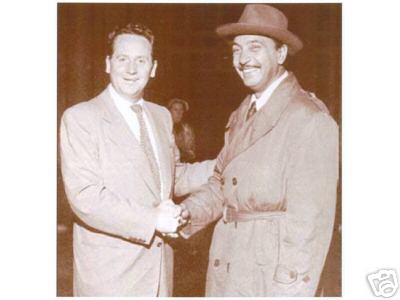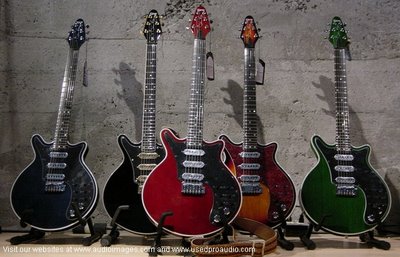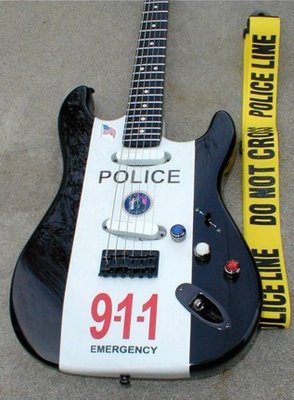
Link to podomatic and hear it!!
This version of "You're So Excited" you'll find only here and will not be released with the "Labor Of Love" Remastered CD.
http://thekillingfloor.podOmatic.com
The rhythm or second guitar is not present on this version. So it's a simple three piece sounding track of guitar, drums and bass. This was a one pass recording, meaning I just plugged and played without separating rhythm and leads on different tracks. The original version has a dubbed rhythm track against this track to have that full sounding mix. I did screw up a couple of times and instead of re-recording the whole thing. I just punch in and erased the mistakes with the correct notes and that was the remedy. I could not recreate what I just recorded and plus I liked the feel and the way it came out.
There's a certain beauty in simplicity and to avoid the dark side of overproduction it can be hard to resist sometimes... Recorded at Rhapsody studios on April of 2003 and remixed by me today. "You're So Excited (SGRV)." Enjoy! ~JCM






